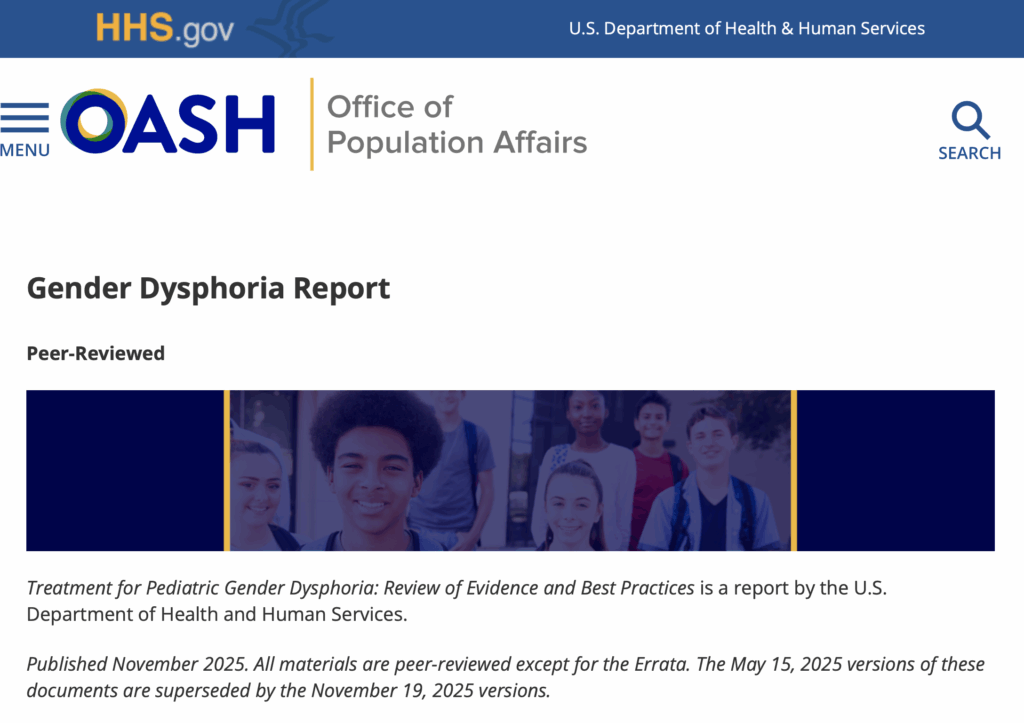Pharmacy giant CVS is facing several lawsuits over allegedly sending text messages to customers in its prescription database to stop the state of Louisiana from enacting a law that would have threatened the company’s pharmacy benefit management (PBM) business.
House Bill 358 would have banned ownership of a pharmacy and a PBM by the same company. On June 11, one day before the close of the state’s 2025 legislative session, CVS sent thousands of Louisiana residents texts warning them that an amendment to proposed legislation could shut down drug stores, increase medication costs, and remove pharmacist jobs if passed.
CVS operates 119 drug stores in Louisiana and owns Caremark LLC, one of the largest PBMs in the country.
HB 358 failed in the Louisiana Senate. A less restrictive bill regulating transparency and compensation practices, HB 264, passed and was signed by Gov. Jeff Landry on June 20.
Lawsuits Filed
On June 12, Louisiana Attorney General Liz Murrill sent a ‘cease and desist’ letter to CVS, demanding an end to the lobbying. On June 24, Murrill announced three lawsuits against CVS Healthcare Corporation, Caremark LLC, and its affiliated entities, one pertaining to the use of patient data to send political messages.
Murrell said she was personally offended by what she called “deceptive” threats directed at seniors, veterans, and chronically ill people about the potential loss of medications or of price increases.
“It’s my belief that CVS did use customer information … to lobby for their own corporate interests and to scare people into lobbying on their behalf,” Murrill said at a news conference.
The other lawsuits allege violations of the state’s Unfair Trade Practices Act and antitrust laws applicable to CVS’ vertical corporate structure.
CVS is also facing a class action lawsuit over the use of customer data for political texting.
Shutting Out Mom-and-Pops
Murrell told reporters the company’s actions have caused 100 independent pharmacies to close since 2022.
PBMs are “interested in increasing profits by monopolizing the market, preying on our local pharmacies, and trying to increase a magic word called ‘market share,’” said Landry at the press conference. “No entity should have the power to control both ends of the supply chain. … This is an abusive model.”
The company uses a vertically integrated model to increase its market share, says Sally Pipes, president and Thomas W. Smith Fellow in Health Care Policy at the Pacific Research Institute.
“The three biggest PBMs—CVS Caremark, Express Scripts, and OptumRx—control roughly 80 percent of the prescription drug market,” said Pipes. “And PBMs often steer patients towards their own affiliated mail-order pharmacies while reimbursing mom-and-pop drugstores at punishingly low rates.”
Pocketing Savings
PBMs have been around for decades, but became more noticeable starting in 2014 when the Affordable Care Act went into effect. Health plans hired PBMs to manage their drug benefits and get better deals for enrollees, but that is not what happened, says Pipes.
“PBMs have a financial incentive not to secure the lowest possible drug prices,” said Pipes.
“They steer patients toward higher-priced drugs.”
PBMs pocket roughly $0.42 of every dollar from pricier, name-brand drugs, says trade association PhRMA.
“PBMs ought to pass along a significant share of that revenue to consumers at the pharmacy counter rather than keeping it for themselves and their insurer clients,” said Pipes.
Avoiding Transparency
The main problem with PBMs is the lack of transparency, says Ryan Ellis, president of the Center for a Free Economy.
“I think PBMs would be well-advised to show their math,” said Ellis. “How, exactly, are they saving money for consumers? How much are they skimming off the top? Is the juice worth the squeeze on their value-add, or are they middlemen? They need to get out ahead of their critics and advocate for themselves.”
Pipes says Congress should force PBMs to share savings with their customers.
“A good first step would be to require that PBMs, who should be negotiating on behalf of their beneficiaries, share the savings they secure with those beneficiaries at the pharmacy counter,” said Pipes.
“If PBMs were interested in policing themselves, they would already have done so,” said Pipes. “They’re out to make money for their owners and shareholders. But their business model depends on making the market for prescription drugs inefficient and opaque.”
Calling for More Regulation
In a properly functioning health-care market, consumers would have little to no need for a health care intermediary such as a PBM, says Pipes. Consumers should be able to compare prices and pay directly based on their opinion of a drug’s value.
“A bigger direct-to-consumer market for prescription drugs would lead to lower costs and better-quality care in the long run,” said Pipes. “Consequently, policymakers should be looking to expand patient access to health savings accounts (HSAs), whose proceeds consumers own and control.”
HSAs can increase consumers’ pricing power, says Ellis.
“Anytime you can get consumers using their own money to spend on themselves, you’re going to get the best possible efficient market for anything,” said Ellis.
Landry calls for greater regulation of PBMs.
“PBMs are corporate profiteers inserted into the most intimate part of your life and your health,” said Landry at the news conference. “We need to prohibit PBMs from owning and operating pharmacies. … We should ban PBMs from monopolizing so that they own the drug counter. When you let middlemen control everything, it’s not a free market; it’s a rigged market.”
Ashley Bateman ([email protected]) writes from Virginia.



